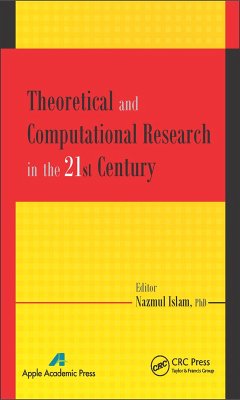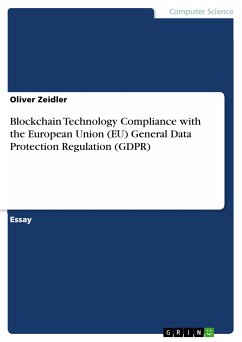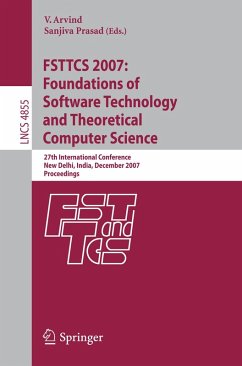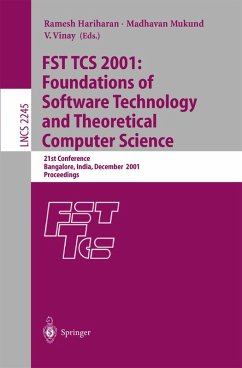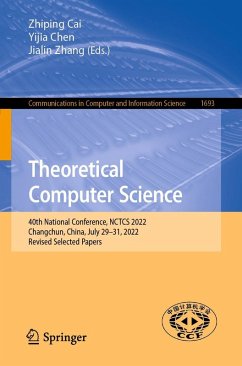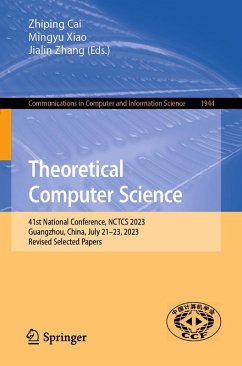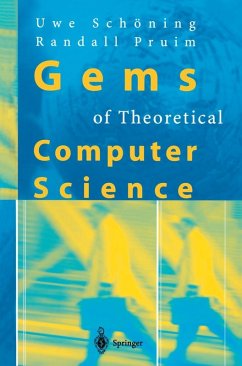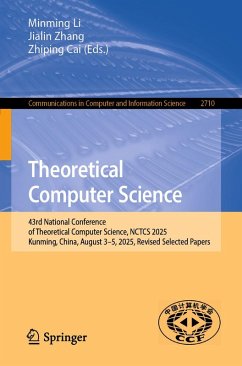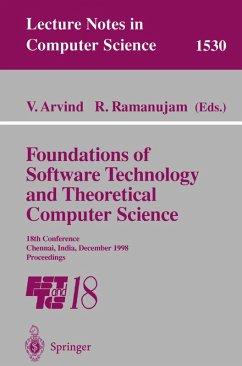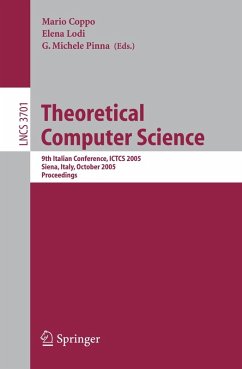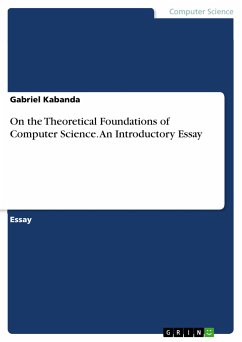
On the Theoretical Foundations of Computer Science. An Introductory Essay (eBook, PDF)
Sofort per Download lieferbar
Statt: 17,95 €**
15,99 €
inkl. MwSt. und vom Verlag festgesetzt.
**Preis der gedruckten Ausgabe (Broschiertes Buch)
Weitere Ausgaben:

PAYBACK Punkte
0 °P sammeln!
Essay from the year 2019 in the subject Computer Science - Theory, grade: 4.00, ( Atlantic International University ), language: English, abstract: The paper presents an analytical exposition, critical context and integrative conclusion on the discussion on the meaning, significance and potential applications of theoretical foundations of computer science with respect to Algorithms Design and Analysis, Complexity Theory, Turing Machines, Finite Automata, Cryptography and Machine Learning. An algorithm is any well-defined computational procedure that takes some value or sets of values as input ...
Essay from the year 2019 in the subject Computer Science - Theory, grade: 4.00, ( Atlantic International University ), language: English, abstract: The paper presents an analytical exposition, critical context and integrative conclusion on the discussion on the meaning, significance and potential applications of theoretical foundations of computer science with respect to Algorithms Design and Analysis, Complexity Theory, Turing Machines, Finite Automata, Cryptography and Machine Learning. An algorithm is any well-defined computational procedure that takes some value or sets of values as input and produces some values or sets of values as output. A Turing machine consists of a finite program, called the finite control, capable of manipulating a linear list of cells, called the tape, using one access pointer, called the head. Cellular automata is an array of finite state machines (inter-related). A universal Turing machine U is a Turing machine that can imitate the behavior of any other Turing machine T. Automata are a particularly simple, but useful, model of computation which were were initially proposed as a simple model for the behavior of neurons. A model of computation is a mathematical abstraction of computers which is used by computer scientists to perform a rigorous study of computation. An automaton with a finite number of states is called a Finite Automaton (FA) or Finite State Machine (FSM). The Church-Turing Thesis states that the Turing machine is equivalent in computational ability to any general mathematical device for computation, including digital computers. The important themes in Theoretical Computer Science (TCS) are efficiency, impossibility results, approximation, central role of randomness, and reductions (NP-completeness and other intractability results).
Dieser Download kann aus rechtlichen Gründen nur mit Rechnungsadresse in A, B, BG, CY, CZ, D, DK, EW, E, FIN, F, GR, HR, H, IRL, I, LT, L, LR, M, NL, PL, P, R, S, SLO, SK ausgeliefert werden.




